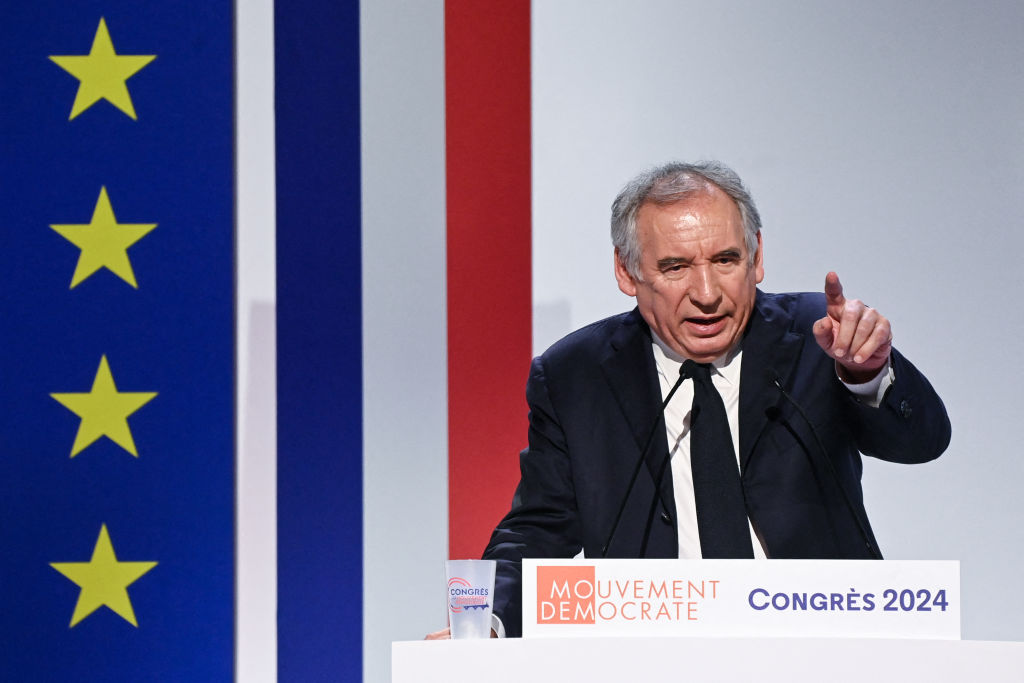Banning the baguette, perhaps? Or making it compulsory to eat a sandwich at your desk at lunchtime? If you think hard enough, it is possible to imagine reform that would create more anger in France. Even so, Prime Minister François Bayrou’s plan to scrap two public holidays is right up there. Bayrou wants to reduce France’s 11 public holidays in a bid to kick-start France’s economy. Bayrou said Easter Monday had “no religious significance,” and the whole nation had to work and produce more. He said that bank holidays had turned the month of May into a gruyère – a Swiss cheese full of holes.
He said that bank holidays had turned the month of May into a gruyère
Unsurprisingly, the plan has sparked a public backlash. Rightly so. Because, while fewer holidays will increase tax revenue, giving workers fewer days off is not going to rescue the French economy.
It is certainly a radical proposal. With the French government set to borrow 5.6 percent of GDP this year, a debt-to-GDP ratio of 112 percent, and the third largest outstanding debt in the world after the United States and Japan, France certainly needs to do something to balance the books. Bayrou yesterday set out a plan for a €43 billion ($50 billion) budget squeeze that included freezing tax thresholds, welfare spending and civil service salaries, along with closing tax breaks for the “rich.” But his most radical plan involves taking away precious public holidays from workers.
Given that the French are not exactly famous for their dedication to long hours in the office, it has not gone down very well. Of course, on a technical level it will help boost growth marginally and bring in some extra tax revenue (indeed, Great Britain’s Chancellor Rachel Reeves must already be wondering if they really need the Spring bank holiday or, come to think of it, the summer one). If shops are open an extra couple of days that will generate more VAT; and if the factories run for another 16 hours a year, that will mean more output, and more corporation tax. A bit more tax will be raised.
But the trouble is axing public holidays does not amount to the transformation that France, or indeed Britain’s economy, needs. What actually drives growth is not fewer holidays. It is higher levels of productivity, more investment, encouraging innovation and entrepreneurship, and building new industries that can conquer global markets. It isn’t keeping a gift shop in Provence open on Easter Monday or a café in Bordeaux open on Victory in Europe day. Bayrou will face a huge political fight to push through a measure that won’t make any real difference – and certainly won’t make France’s bloated government any more affordable than it is now.


























Leave a Reply